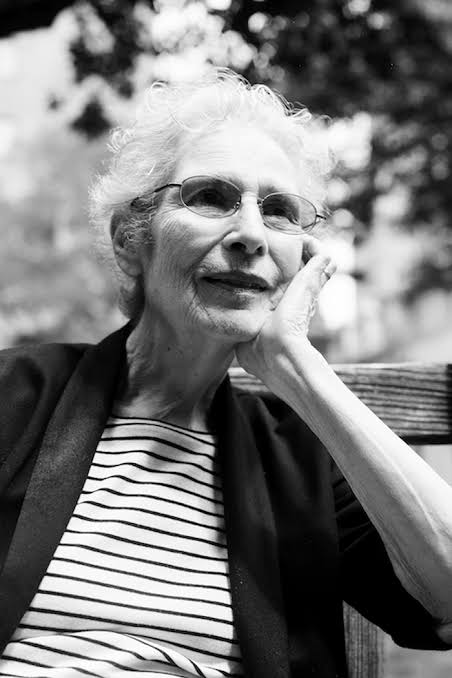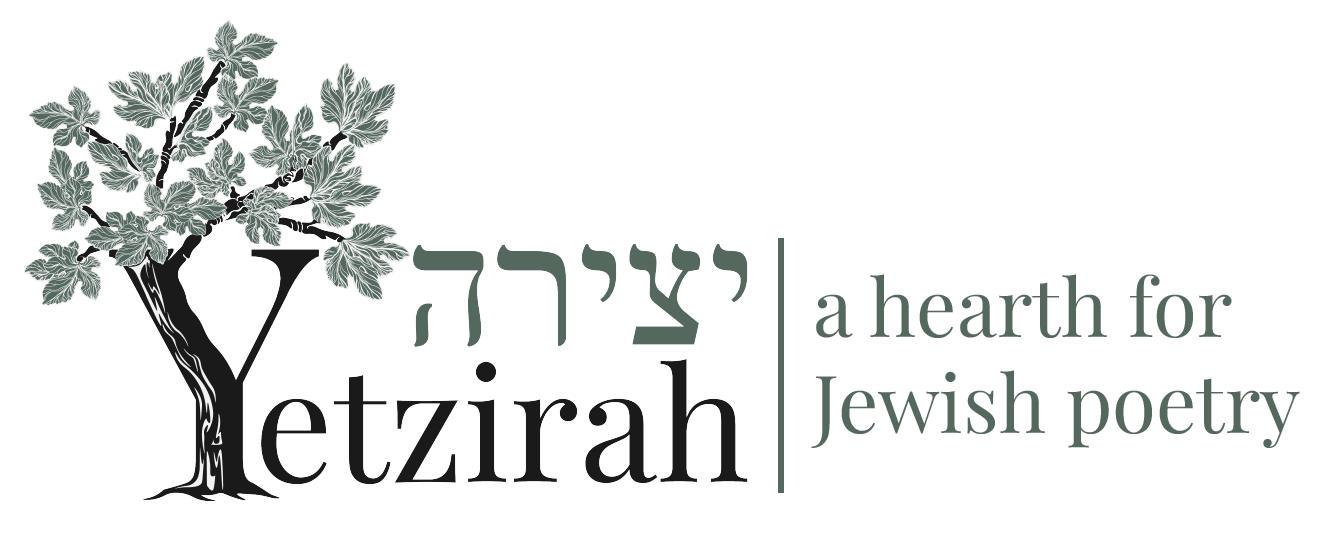
Elaine Terranova
Current City, State, Country
Birth City, State, Country
Biography
Elaine Terranova is the author of The Diamond Cutter’s Daughter: a Poet’s Memoir, seven full collections of poems, most recently, Perdido, released also as an audio book, and two chapbooks. Her eighth full-length collection, Rinse, will appear in 2023. An earlier book, Dollhouse, was winner of the Off the Grid Press 2013 Poetry Award. She received the 1990 Walt Whitman Award from the Academy of American Poets for her first book, The Cult of the Right Hand (Doubleday, 1991), selected by Rita Dove. Her second collection, Damages, was published by Copper Canyon Press in 1996. Not To, New and Selected Poems (Sheep Meadow Press) was a runner-up for the Poetry Society’s William Carlos Williams Award. Her poems have appeared in The New Yorker, The American Poetry Review, Ploughshares, Prairie Schooner, The Virginia Quarterly Review, Laurel Review, and other magazines, and in the anthologies A Gift of Tongues, Blood to Remember: American Poets on the Holocaust, Articulations: The Body and Illness in Poetry, Hotel America: 20 Years. Her prose and prose poems have appeared in Boulevard, Hotel Amerika, South Loop Review, Storm Cellar, Mom Egg Review, The Alaska Quarterly Review, and Per Contra. Her work has been anthologized in: Being Home (Madville Press), the New Rivers anthology, Wild Gods: the Ecstatic in Contemporary American Poetry and Prose, Poets Against the War, The Gift of Tongues: 60 Years of American Poetry, Raising Lilly Ledbetter, Songs for our Voices: Award Winning Poetry on the Jewish Experience, and others. Her work has been part of The Poetry Society’s Poetry in Motion project and is included in the collection, Poetry in Motion from Coast to Coast. The Penn Greek Drama Series (University of Pennsylvania Press) published her translation of Euripides’ Iphigenia at Aulis. Among her awards are a Pushcart Prize, a Pew Fellowship in the Arts, the Banister Residency at Sweet Briar College, the Anna Davidson Rosenberg Award of the Judah Magnus Museum for a Poem on the Jewish Experience: “The Stand-Up Shtetl,” two Pennsylvania Council on the Arts fellowships, and a National Endowment in the Arts Fellowship in Literature.
For many years she served as an instructor in English and Creative Writing in the Philadelphia area at the Community College of Philadelphia; at Temple University, where she held a Dean’s Appointment; at the University of Delaware as Assistant Visiting Professor; at the Curtis Institute of Music as Assistant Professor in Humanities; and as Distinguished Visiting Lecturer in the Rutgers, Camden MFA Program. Earlier, she worked as a manuscript editor at J.B. Lippincott; Assistant Editor at the Philadelphia Joint Board of the Amalgamated Clothing Workers of America; and as a freelance writer and editor.
What is the relationship between Judaism and/or Jewish culture and your poetry?
Most of my work— poems, flash pieces, my memoir The Diamond Cutter’s Daughter— have come out of the context of growing up in an Orthodox Jewish home. All my collections include poems about family situations, dietary laws, because my mother was extremely observant, the differences in how I was raised as compared to my brothers, re: allowances and expectations. I was born in 1939, the year WWII began. The Holocaust was a backdrop of my childhood. I remember hearing on a tv documentary a survivor saying, “No one used the word ‘Holocaust.’ Maybe it didn’t yet exist. They said, ‘Before Hitler’ or ‘After Hitler.’” And that was how it was in my family, in my neighborhood. I saw Hitler in newsreels in the movies as a young child and was properly scared. In an early poem I talked about his harsh German speech sounding like someone with a fishbone caught in his throat. I’ve written about aunts and uncles who were killed in the camps, my mother’s whole family, except for a brother and a sister who were here before her and two step-siblings who survived. In 1991, I entered a contest run by the Judah Magnes Museum in California for a poem on the Jewish experience and was first prize winner of the Anna Davidson Rosenberg award for my poem based on a pop-up book called the Stand-Up Shtetl. That became the title of my poem, included in Blood to Remember: American Poets on the Holocaust, ed. Charles Fishman. I’ve published in small magazines devoted to Jewish material such as Shirim and the CCAR Journal. Family members and domestic situations feature in my first book especially, many memory and dream poems about a childhood imbued with religious belief and teachings and folk tales of my mother’s. There are so many words the Yiddish is so apt for that became part of English, funny words like schmuck and schlimazel and serious words like mench that means someone is an upstanding and good person. And treyf and kosher, which fit a variety of situations and still make me sit up and pay attention, maybe the underpinning of a strong sense of Jewish guilt.
Published Works
Poetry
Rinse (Grid Books, 2023)
The Diamond Cutter’s Daughter: A Poet’s Memoir (Ragged Sky Press, 2021)
Perdido (Grid Books, 2018)
Dollhouse (Grid Books, 2013)
Elegiac: Footnotes to Rilke’s Duino Elegies (chapbook; Cervena Barva Press, 2010)
Not to: New and Selected Poems (Sheep Meadow Press, 2006)
The Dog’s Heart (Orchises Press, 2002)
Damages (Copper Canyon Press, 1996)
The Cult of the Right Hand (Doubleday, 1991)
Toward Morning/Swimmers (chapbook; Hollow Spring Press, 1980)
Translated Works
Euripides’ Iphigenia at Aulis (University of Pennsylvania Press, 1998)
Author Site
Links to Sample Works
Education
Temple University, B.A. in English Literature,1961
Goddard College, M.F.A. in Writing, 1977
